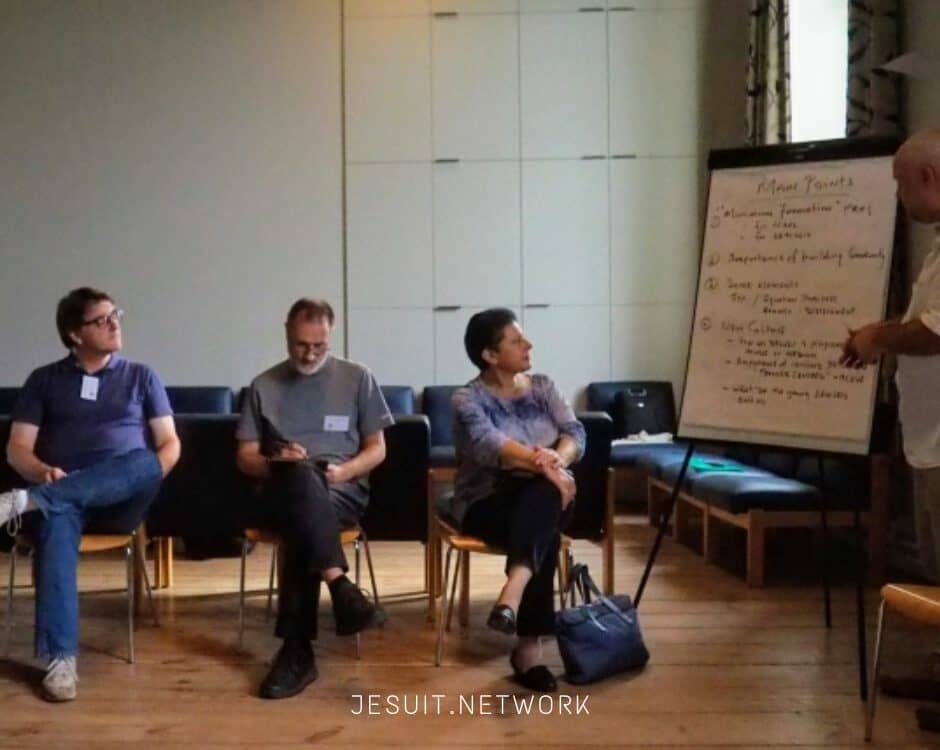This website uses cookies so that we can provide you with the best user experience possible. Cookie information is stored in your browser and performs functions such as recognising you when you return to our website and helping our team to understand which sections of the website you find most interesting and useful.
JECSE. Creating a Culture of Collaboration
Remaining faithful to our Ignatian pedagogy, with its profoundly humanistic narrative, is far from easy in today’s world that is inclined to see education as merely ‘training for employability’. That is why, when in November last year the Education Delegates from Jesuit Provinces across Europe (JECSE) gathered for their annual meeting, they focused on strengthening a true culture of collaboration to as a Jesuit network better promote our Jesuit vision, which educates for compassion and solidarity.
With Dani Villanueva sj, coordinator of the Jesuit Network Initiative, we talked about the dynamic of networking as a means to strengthen our common initiatives and it was recognized that some problems require an interconnected approach. Also, as educators we should always remember that our school communities provide a wonderful opportunity to give many students, parents and staff members a sense of belonging and a deeper awareness of our interconnectedness. We thus explored how we might, as delegates from different Provinces, expand the possibilities of our networking. We surfaced the strengths and needs in our different Provinces to determine a number of areas that we might fruitfully collaborate on. Three specific task groups were formed on the topics of Formation, Global Citizenship, and Safeguarding.

After the delegates meeting all three Task Forces made plans, gathered valuable input and approached some good external experts. At the end of the academic year we met again to report to each other on our progress and to discern on how best to go forward.
Safeguarding of children and vulnerable adults in our schools is now one of JECSE’s main priorities. As Father General Sosa stated, a consistent culture of safeguarding will not flow merely from protocols but rather from ‘a life of integrity’. The task group thus acknowledged the importance of a collaborative methodology to develop good protocols and training, but also to deepen our knowledge and understanding. It therefore decided on developing a package of information that can be helpful for the headmasters and other responsible in the schools, and in addition we’re planning to organize conferences to deepen our reflection on and awareness of the importance of child protection.
As for formation: with fewer Jesuits in many of our European schools and in a general economized climate good staff formation to support the leaders in our schools is a must. Organizing a JECSE Leadership Program at the European level is now our first priority in this area.
Our task force on Global Citizenship decided to tune in to the collaborative work that is done by representatives of the six geographical regions of the Global Jesuit Education Network and to reflect on how to translate this into the specific European school-context.
As director of JECSE I feel sincerely grateful for all the true commitment to this work in these essential areas and for the enthusiasm among our education delegates about strengthening our collaboration. I think we feel our mission is now more focused, with a clear set of priorities within the general mission of the Society.





